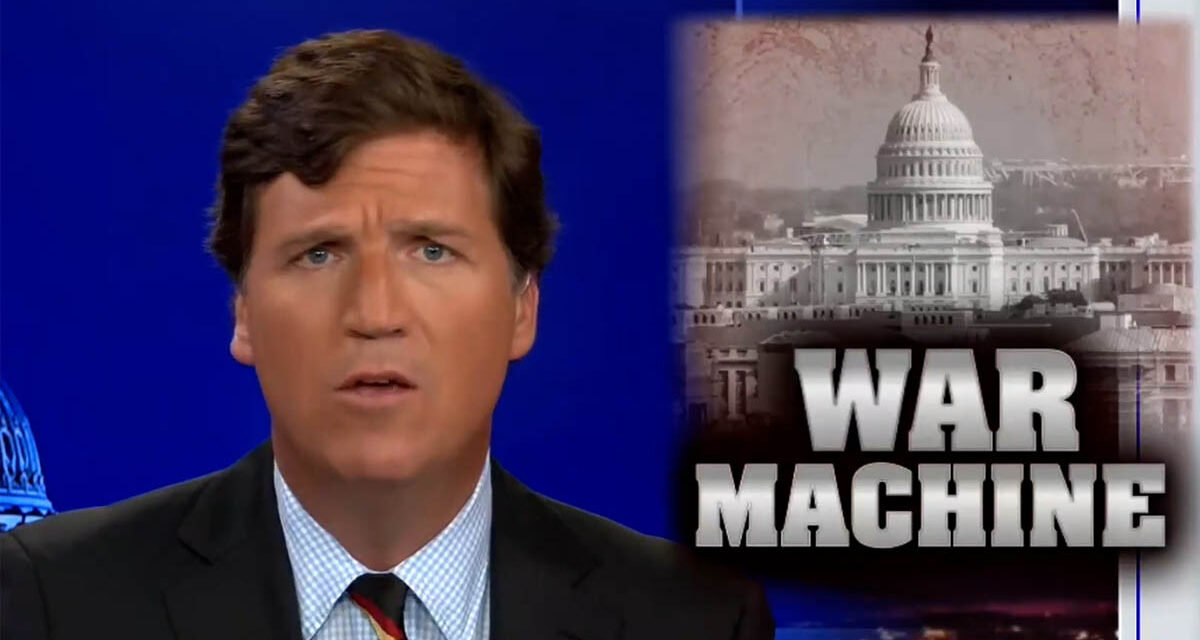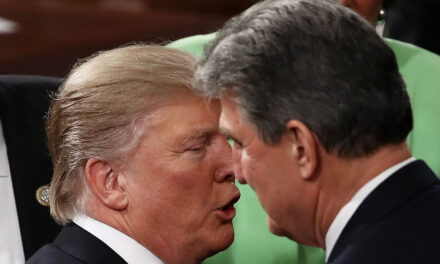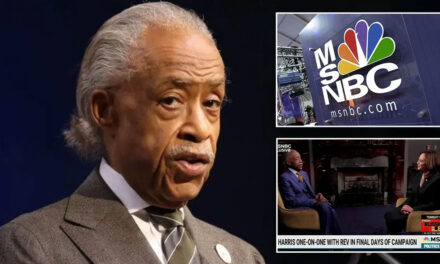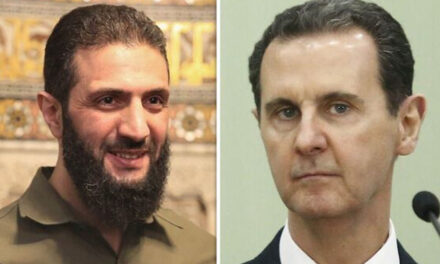
Fox vs. Tucker Carlson: Breaking the Contract or Breaking the Silence?

Fox News, the conservative network known for its staunch support of free speech, has accused former Fox News host Tucker Carlson of breaching his contract by releasing the first episode of his new show on Twitter. According to reports, Fox News has accused Carlson of breaching his contract when he released the first episode of his new show, titled “Tucker on Twitter,” on the social media platform. However, beneath the surface of this apparent breach, there seems to be a complex negotiation strategy at play, as well as a potential motive to stifle Carlson’s powerful and influential voice.
Fox News, in a letter from their general counsel Bernard Gugar to Carlson’s lawyers, claimed that the release of the Twitter show violated the exclusivity clause in his contract. The network argued that his “services shall be completely exclusive to Fox,” and he was prohibited from rendering any type of services over the internet or through other digital distributions. It is clear that Fox News seeks to enforce the terms of the agreement and protect its interests.
However, a closer examination reveals that this may not be a straightforward case of contractual violation. Carlson’s legal team quickly responded, asserting that any legal action taken by Fox News would infringe upon his First Amendment rights. Carlson’s lawyer, Bryan Freedman, astutely pointed out the irony of Fox News, a network built on the foundation of freedom of speech, attempting to curtail Carlson’s right to express his views on social media platforms. This raises the question of whether there are underlying motives behind Fox News’ actions.
One possible explanation is that Fox News is utilizing this contract dispute as a negotiating tactic. By accusing Carlson of breaching the contract, the network might be seeking to renegotiate the terms and reduce the fees owed to him. This strategic maneuver could be an attempt to assert control and leverage over Carlson’s future endeavors. Carlson’s actions on Twitter seem to nullify the threat that Fox could require Carlson to not to speak in public at all until his contract expires after the 2024 election – a situation that would likely cause Carlson to permanently lose most of his base audience.
Another plausible motive could be a desire to silence Carlson due to the strength and influence of his views. As one of the most prominent voices in the conservative media landscape, Carlson has garnered a dedicated following and the ability to shape public discourse. Fox News, understandably, may be concerned that Carlson’s new show on Twitter could draw away some of his loyal audience from the network. This fear of losing influence might be prompting Fox News to take actions aimed at restricting Carlson’s reach and impact.
The timing of this contract dispute is noteworthy as well. It comes on the heels of settlement between the network and Dominion Voting Systems over slander accusations. While Dominion has denied that they had any influence over Tucker’s firing, speculation is rampant that this was one of the concessions agreed to by Fox. Since Dominion has been accused of rigging its voting machines in favor of Democrat candidates, the motivation and the potential for currying favor with Democrats are clear.
As Carlson’s new show, “Tucker on Twitter,” gains significant traction with around 80 million views, the stakes continue to rise. The clash between contractual obligations and the right to express one’s opinions freely is at the forefront of this conflict.
In the days to come, the resolution of this dispute will undoubtedly shape the future of media and freedom of speech. Whether it is a strategic negotiation tactic or an attempt to silence a powerful voice, the outcome will reverberate across the media landscape and provide insight into the delicate balance between contractual obligations and the fundamental right to express one’s views openly and honestly.


























Tucker who?
And the lawyers get rich…..
I am not a Tucker fan. I personally feel he is very condescending. But I think there is an important issue here. Can a person accidentally and contractually sign their right to free speech away?
Can a company breach the free Speech of an individual after they have ended his employment with them? Seems they are extremely jealous considering they ended a person’s career with them and we are not talking about a legal rights but free speech.It is time for Fox owners to look at the constitution and also they need to take a look at you tube: Riased from the dead by Reinhard Bonnke (all six segments) especially the age of Murdoch. He is looking at eternity.
LET FOX News REDUCE their contract with him . . . It’s OVER for FOX News. FOX R.I.P.
If I were in the jury, here is how I would see it:
If his time on Twitter is called a “show” and if it looks like a show, including a specific weekly or daily time slot, and if he is recording this service for the purposes of revenue stream, then I think FOX will win their argument about the exclusivity clause. His services being contractually agreed upon as “exclusive to FOX” means just that. He cannot provide his services to any other network or media, not even to himself, without violating the exclusivity clause.
If he does not call it a show and does not have a specific time slot, but rather randomly shows up on Twitter, then it is not a show and he should be able to own his own blatherskiting.